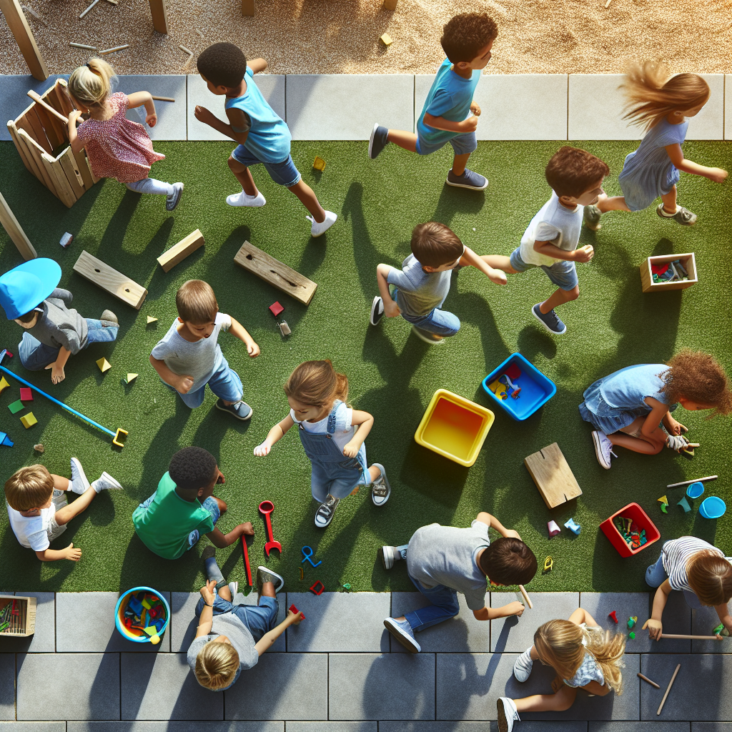Introduction
In today's fast-paced world, parents and educators often focus on structured activities to optimize child development. However, experts are increasingly recognizing the importance of unstructured playtime in unlocking the full potential of a child's brain. Unstructured play allows children to explore, imagine, and learn at their own pace, fostering creativity, problem-solving skills, and emotional resilience. This article delves into the significance of unstructured play and how it contributes to child brain development.
The Science Behind Unstructured Play
Research indicates that unstructured play is crucial for neurological development. During unstructured play, various regions of the brain are activated and strengthened, including those involved in decision-making, emotional regulation, and social interactions. This type of play encourages brain plasticity, allowing children to form new neural connections and adapt to different situations. According to a study published by the American Academy of Pediatrics, children who engage in unstructured play exhibit higher levels of cognitive flexibility and emotional intelligence.
Benefits of Unstructured Play
Unstructured play offers a myriad of benefits that contribute to overall child development:
- Cognitive Development: Unstructured play encourages critical thinking and problem-solving skills as children navigate new scenarios.
- Social Skills: It provides opportunities for children to interact with peers, improving communication and cooperation.
- Emotional Growth: Children learn to manage emotions, build resilience, and develop empathy.
- Physical Health: Active play promotes physical fitness and helps in developing motor skills.
- Creativity and Imagination: Unstructured play fosters creativity, allowing children to invent games and stories.
Comparison: Structured vs. Unstructured Play
| Aspect | Structured Play | Unstructured Play |
|---|---|---|
| Focus | Goal-oriented | Explorative |
| Guidance | Adult-directed | Child-directed |
| Rules | Fixed | Flexible |
| Learning Outcome | Specific skills | Broad skills |
Implementing Unstructured Playtime
Integrating unstructured play into daily routines does not require significant resources or planning. Here are some practical steps:
- Create a Safe Environment: Ensure that play areas are safe and free from hazards.
- Provide Varied Materials: Offer diverse toys and materials, such as building blocks, art supplies, and outdoor equipment.
- Limit Screen Time: Encourage physical play by reducing time spent on electronic devices.
- Encourage Outdoor Play: Nature provides an excellent backdrop for unstructured play, offering endless possibilities for exploration.
- Be Involved: While it's important to allow independence, occasional parental involvement can enrich the play experience.
Challenges and Solutions
Despite its benefits, unstructured play is often overshadowed by structured activities and academic pressures. Here are some challenges and solutions:
- Busy Schedules: Prioritize playtime by setting aside specific times for unstructured play daily.
- Parental Concerns: Educate parents about the benefits of unstructured play to alleviate concerns about safety and productivity.
- Lack of Awareness: Schools and communities can promote the importance of play through workshops and informational sessions.
Conclusion
Unstructured play is a vital component of child development, offering numerous benefits that structured activities alone cannot provide. By allowing children the freedom to explore and create, we help them develop essential skills that will serve them throughout their lives. As parents and educators, it is crucial to recognize the power of unstructured playtime and ensure it is an integral part of every child's daily routine.




